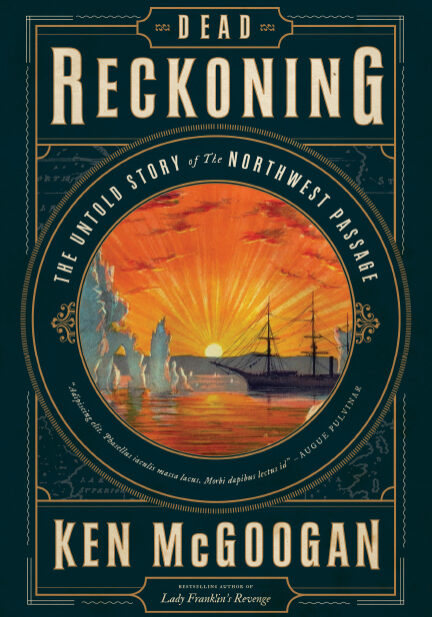In 701 B.C. the Assyrian empire was in its ascendancy. It had already vanquished the kingdom of Israel to the north including the capital at Samaria. It then prepared an assault on Judah and its capital at Jerusalem.
But in one of those significant events that changes the course of world history, Assyria was repelled. Jerusalem was saved until 586 B.C. when the Babylonians sacked the city, forcing its leadership class into exile.
Henry Aubin, in a major feat of scholarship, determines that Jerusalem was aided by a Kushite army from Africa which had marched northeast from the Nile valley. While the Bible attributes the Assyrian retreat to an angel and secular commentators cite pestilence, Aubin, in a meticulously documented work, demonstrates that an alliance with the African nation of Kush bolstered Jerusalem’s defences.
Kush, also known as Nubia, was located in what is now southern Egypt and northern Sudan. A monarchy that existed for more than 1000 years, from 900 B.C. to A.D. 350, Kushites held sway over Egypt from 712 B.C. to about 660 B.C. Of Egypt’s 31 dynasties, this, the 25th Dynasty, is the only one that all scholars agree, was black.
The commander of the Kushite expeditionary force was Taharqa (or as the Bible calls him Tirhakah). This Kushite prince, who had his own interests in halting Assyrian expansion, likely caught the aggressors by surprise as they prepared their siege of Jerusalem.
Aubin offers a thrilling military history and a stirring political analysis of the ancient world. He also sees the event as influential over the centuries.
The Kushite rescue of the Hebrew kingdom of Judah enabled the fragile, war-ravaged state to endure, to nurse itself back to economic and demographic health, and allowed the Hebrew religion, Yahwism, to evolve within the next several centuries into Judaism. Thus emerged the monotheistic trunk supporting Christianity and Islam.

Ken McGoogan is possibly the only historian of the Arctic who has made more than nine trips to the region, including journeys through the fabled Northwest Passage. His dozen published books include four biographies of Arctic explorers. He has won such coveted prizes as: the Pierre Berton Award for History, the University of British Columbia Medal for Canadian Biography, the Canadian Authors’ Association History Award, the Writers’ Trust of Canada Drainie-Taylor Biography Prize, and an American Christopher Award.
HarperCollins Canada 2017Â
Praise for: Dead Reckoning
The Untold Story of the Northwest Passage
“Finally! A page turning book about Arctic exploration that puts the heroism and leadership of indigenous people at the centre of the story.â€
Bob Rae
“Ken McGoogan is not just a journalist writing about Canada’s north, he is the ultimate guide to our last frontier. This is his natural habitat – and it shows. A must-read.â€
Peter C. Newman
“This book is a masterpiece, settling the standard for future works on Arctic explorataion.â€
Victoria Times Colonist
“This is not the Canadian history that we learned in school. But it is a far more nuanced and objective view of Indigenous people in North America. For that reason alone, McGoogan’s book deserves wide readership in our country. But Dead Reckoning also deserves to be read because it is so entrhalling.â€
The Georgia Straight